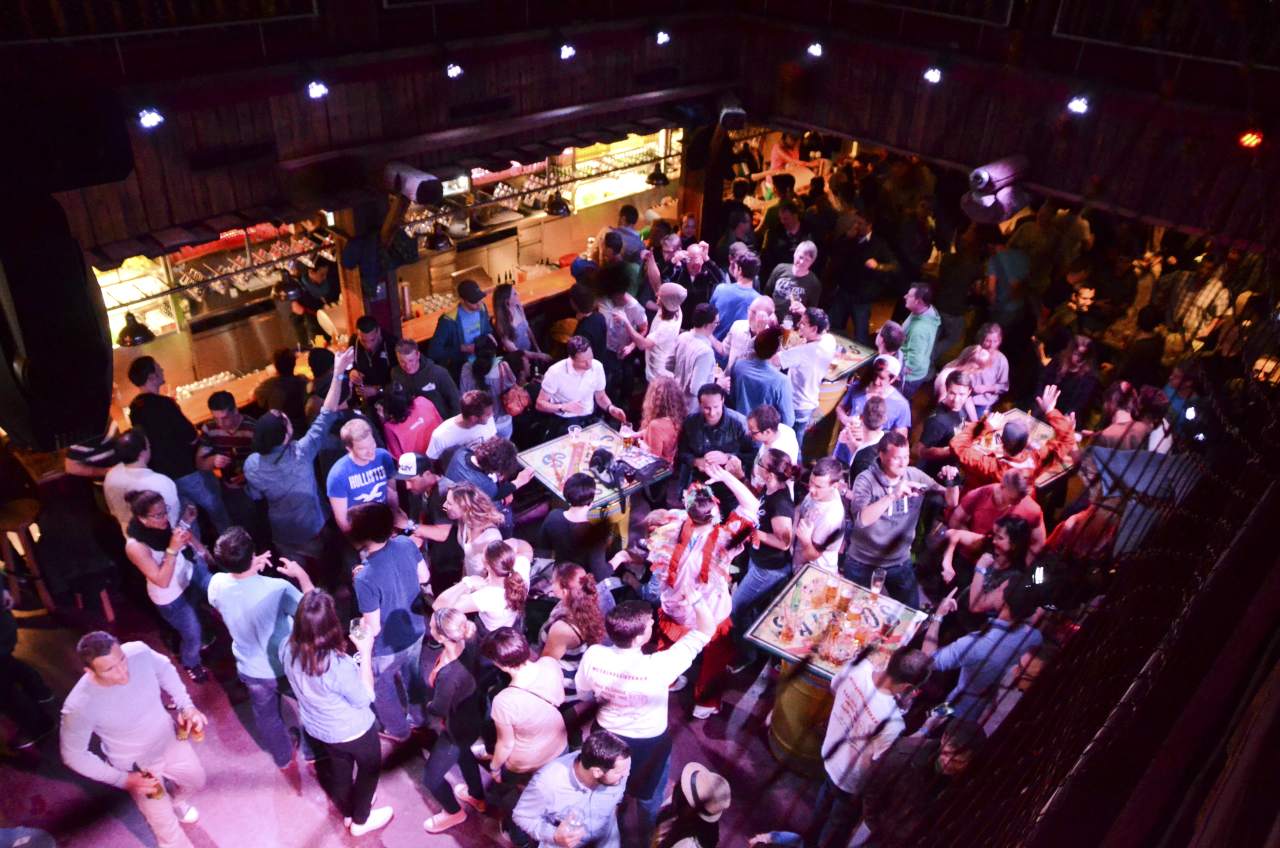Interesting facts from the world of medicine
Medicine is a serious science, and it will not tolerate haste, absent–mindedness, inattention, thoughtless experiments, or an untimely display of a sense of humor. Traditional medicine, however, deviates a little from the strict rules of its "traditional counterpart", but does not allow harm to a living organism. What medications should not be taken without knowing about their hidden properties?
So, some medicines and little-known stories from the world of medicine that will surely interest you.:
- dentists (in the modern interpretation of this concept) appeared very recently, compared with other medical professions, around the 19th century. Until recently, pulling out sick teeth was the prerogative of hairdressers, that is, in a barbershop, not only beards were cut and shaved, but teeth were also "treated".;
- ancient dentures during the great Napoleon replaced the teeth of fallen soldiers. The deceased soldiers were donors of "Waterloo teeth," as false teeth were then called.;
- the normal reaction of every sane person is to throw away expired medicine. However, studies confirm that many medicines retain their medicinal properties perfectly even after the expiration date. The most "unspoiled" medicine helped without any side effects after 10 years of stitching;
- which medicines are the most curative in India? – ordinary cow urine. It may sound a little strange, but bottles of medicinal liquid are not sold in a pharmacy, but on the street. Sellers recommend drinking cow urine, rubbing it into the skin or using it to bathe children.;
- another non–traditional medicine is maggots. Latin American doctors recommend using the Fishermen's medicine when cleaning wounds – the larvae will eat the wound and leave it perfectly clean.;
- the traditional medicine of the Indians surprised with its method of suturing wounds – instead of thread and needle, they take warrior ants, which, squeezing their claws, "sew up" the wounds.;
- oral medicine – the spell "Abra-kadabra", in theory, cured any sores (2nd century AD);
- doctors' overalls appeared thanks to ancient Egyptian mummifiers – they were the ones who first realized the usefulness of changing clothes when working with mummies.;
- "musical medicine" - since the USSR government forbade listening to Western music, music lovers thought of recording coveted records on X-rays. Such recordings were called "on the bones" or "on the ribs";
- the drug "Clomipramine" (an antidepressant) is "gifted" with an unusual property – it causes an orgasm in 5% of patients;
- a vibrator is also an ancient medicine. In the 19th century, a steam-powered vibrator helped relieve female hysteria.;
- the harm from tanning is more significant than from taking natural sun baths. It has been proven that tanning bed lovers have a 60% increased risk of skin cancer.%;
- The appendix, which many people mistakenly consider an "unnecessary organ," actually stores beneficial intestinal bacteria.;
- the doctor's sausage has deservedly acquired its name – it used to be prescribed to people who suffered from the tyranny of the tsarist regime. MILFS, Matures, Teens. Best Porn Online https://mat6tube.com/ watch right now! USA, UK, Australia, South Korea, France, Germany, etc.
So, some medicines and little-known stories from the world of medicine that will surely interest you.:
- dentists (in the modern interpretation of this concept) appeared very recently, compared with other medical professions, around the 19th century. Until recently, pulling out sick teeth was the prerogative of hairdressers, that is, in a barbershop, not only beards were cut and shaved, but teeth were also "treated".;
- ancient dentures during the great Napoleon replaced the teeth of fallen soldiers. The deceased soldiers were donors of "Waterloo teeth," as false teeth were then called.;
- the normal reaction of every sane person is to throw away expired medicine. However, studies confirm that many medicines retain their medicinal properties perfectly even after the expiration date. The most "unspoiled" medicine helped without any side effects after 10 years of stitching;
- which medicines are the most curative in India? – ordinary cow urine. It may sound a little strange, but bottles of medicinal liquid are not sold in a pharmacy, but on the street. Sellers recommend drinking cow urine, rubbing it into the skin or using it to bathe children.;
- another non–traditional medicine is maggots. Latin American doctors recommend using the Fishermen's medicine when cleaning wounds – the larvae will eat the wound and leave it perfectly clean.;
- the traditional medicine of the Indians surprised with its method of suturing wounds – instead of thread and needle, they take warrior ants, which, squeezing their claws, "sew up" the wounds.;
- oral medicine – the spell "Abra-kadabra", in theory, cured any sores (2nd century AD);
- doctors' overalls appeared thanks to ancient Egyptian mummifiers – they were the ones who first realized the usefulness of changing clothes when working with mummies.;
- "musical medicine" - since the USSR government forbade listening to Western music, music lovers thought of recording coveted records on X-rays. Such recordings were called "on the bones" or "on the ribs";
- the drug "Clomipramine" (an antidepressant) is "gifted" with an unusual property – it causes an orgasm in 5% of patients;
- a vibrator is also an ancient medicine. In the 19th century, a steam-powered vibrator helped relieve female hysteria.;
- the harm from tanning is more significant than from taking natural sun baths. It has been proven that tanning bed lovers have a 60% increased risk of skin cancer.%;
- The appendix, which many people mistakenly consider an "unnecessary organ," actually stores beneficial intestinal bacteria.;
- the doctor's sausage has deservedly acquired its name – it used to be prescribed to people who suffered from the tyranny of the tsarist regime. MILFS, Matures, Teens. Best Porn Online https://mat6tube.com/ watch right now! USA, UK, Australia, South Korea, France, Germany, etc.






















